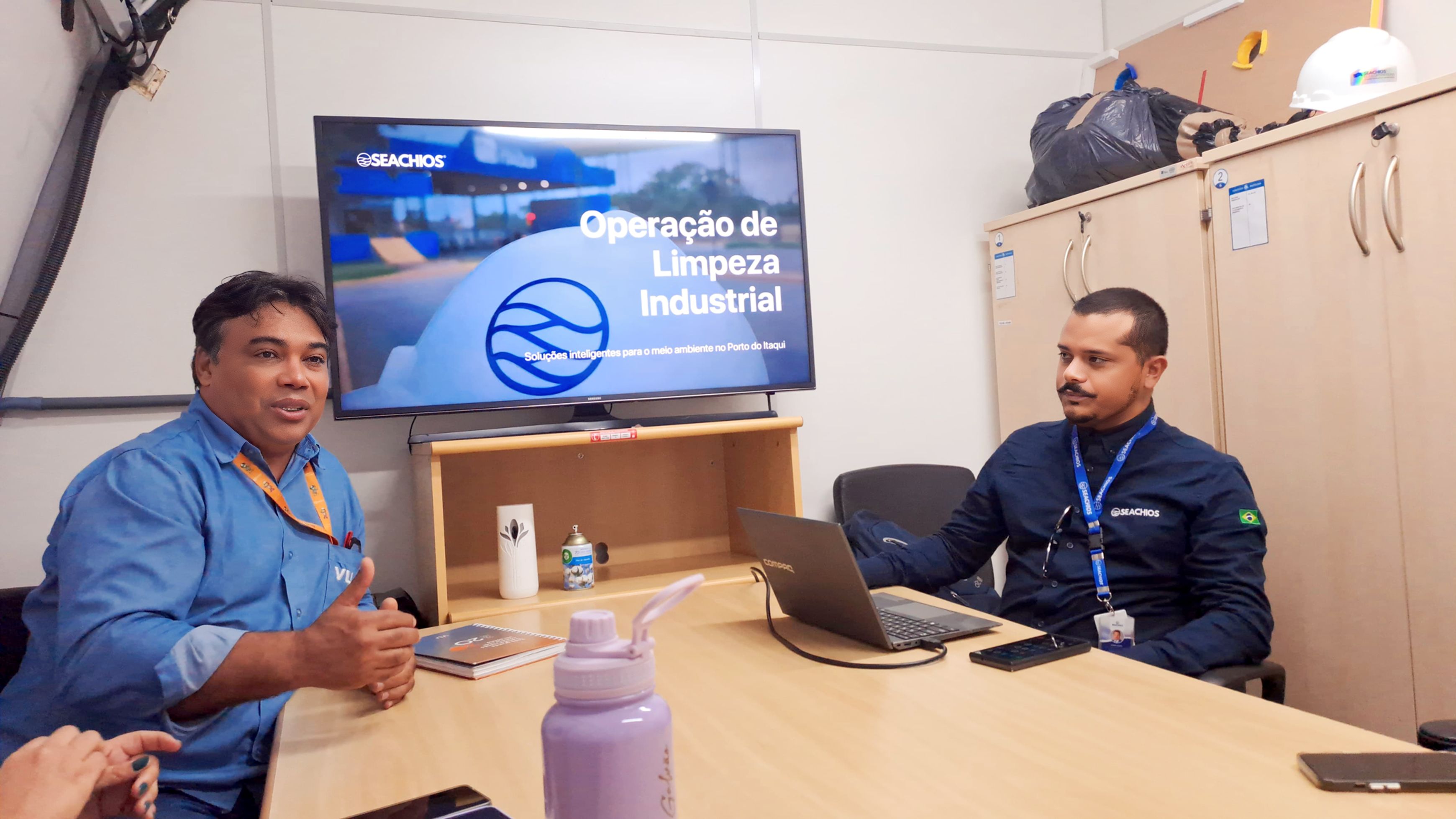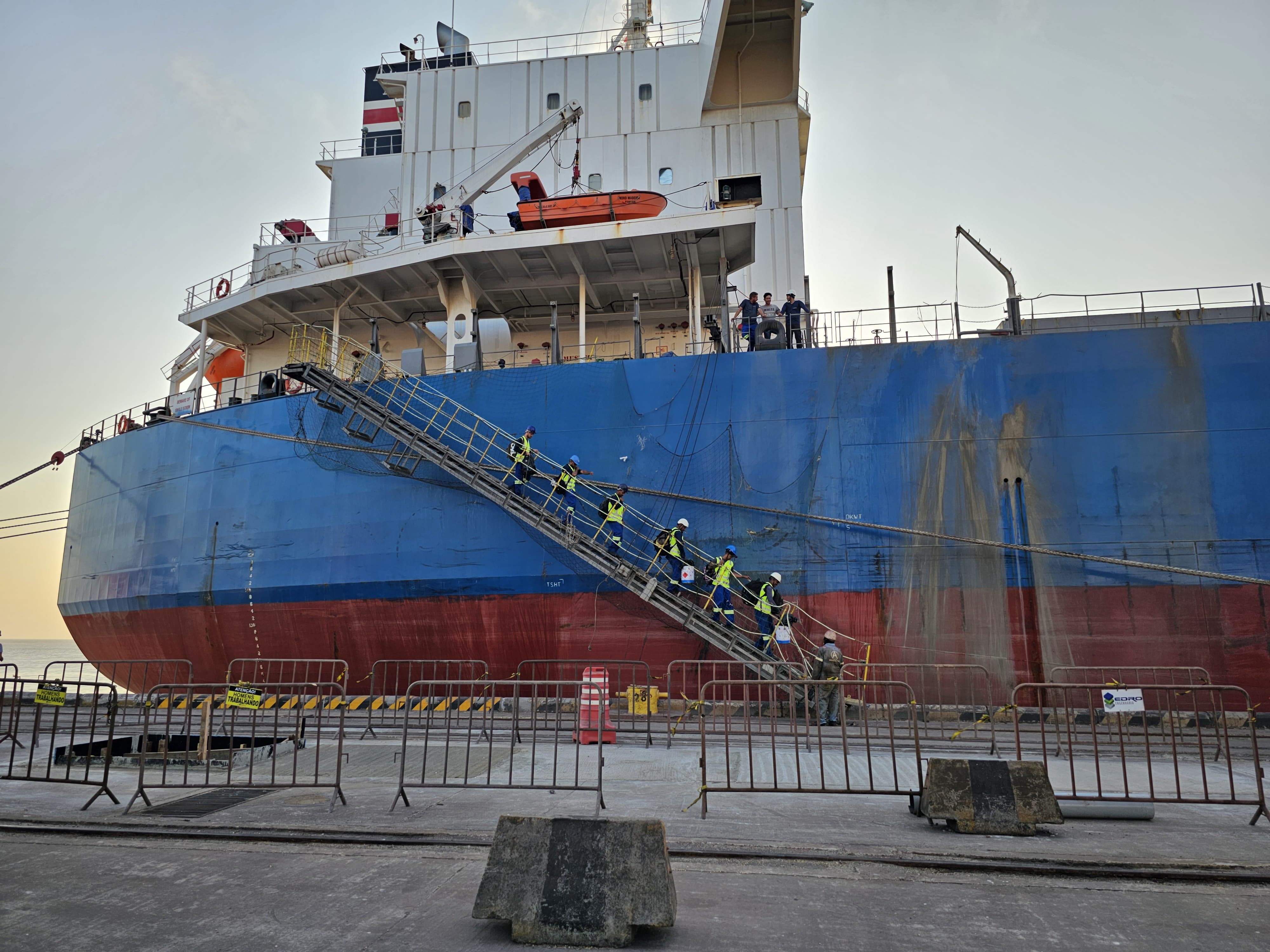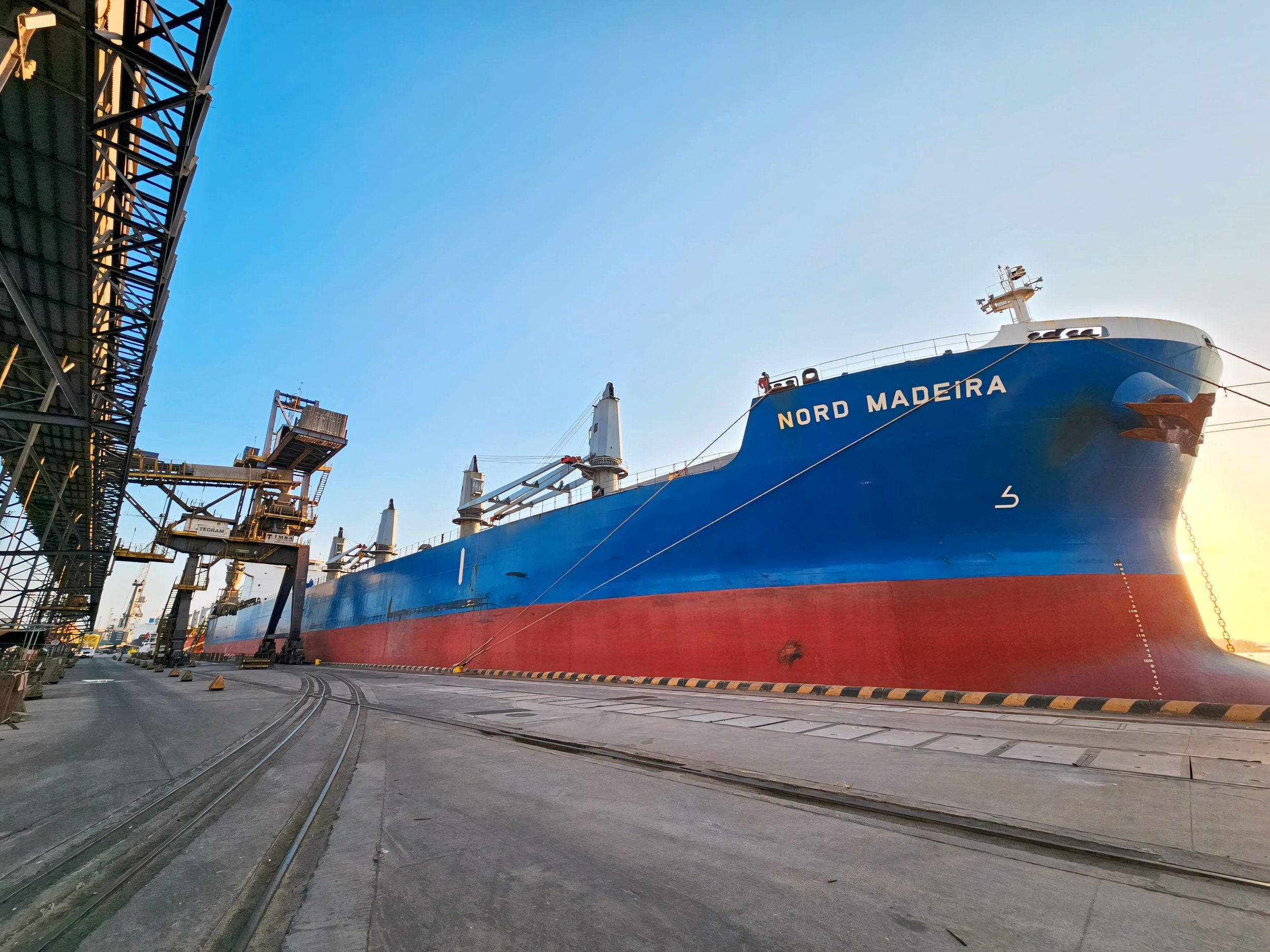Media and Press
Media and Press
Explore media, reports, maritime operations, and more.
Latest News
All
Media & Press
Maritime Insights
Maritime News
Search Article
Maritime Insights
Expert Crew Services in Brazilian Ports
February 7, 2025
Press Release
Seachios® Secures Second Consecutive Contract with VLI Logística for Ship Loader Cleaning at Port of Itaqui
February 5, 2025
Press Release
Seachios® – The Benchmark in Cargo Hold Cleaning for Brazil and Latin America
February 2, 2025
Maritime Insights
Cargo Hold Cleaning: Chemical Product Application by Seachios®
January 1, 2025
Press Release
Efficient Hold Cleaning by Seachios® at Itaqui Port
December 27, 2024
Press Release
Launch of Seachios® New Website & OperationsLog™ for 2025
January 1, 2025
Latest News
All
Media & Press
Maritime Insights
Maritime News
Search Article
Maritime Insights
Expert Crew Services in Brazilian Ports
February 7, 2025
Press Release
Seachios® Secures Second Consecutive Contract with VLI Logística for Ship Loader Cleaning at Port of Itaqui
February 5, 2025
Press Release
Seachios® – The Benchmark in Cargo Hold Cleaning for Brazil and Latin America
February 2, 2025
Maritime Insights
Cargo Hold Cleaning: Chemical Product Application by Seachios®
January 1, 2025
Press Release
Efficient Hold Cleaning by Seachios® at Itaqui Port
December 27, 2024
Press Release
Launch of Seachios® New Website & OperationsLog™ for 2025
January 1, 2025
Latest News
All
Media & Press
Maritime Insights
Maritime News
Search Article
Maritime Insights
Expert Crew Services in Brazilian Ports
February 7, 2025
Press Release
Seachios® Secures Second Consecutive Contract with VLI Logística for Ship Loader Cleaning at Port of Itaqui
February 5, 2025
Press Release
Seachios® – The Benchmark in Cargo Hold Cleaning for Brazil and Latin America
February 2, 2025
Maritime Insights
Cargo Hold Cleaning: Chemical Product Application by Seachios®
January 1, 2025
Press Release
Efficient Hold Cleaning by Seachios® at Itaqui Port
December 27, 2024
Press Release
Launch of Seachios® New Website & OperationsLog™ for 2025
January 1, 2025

Get In Touch With Our Maritime Services
Let’s navigate your path to operational excellence. Contact us today to discover how Seachios® Marine Services can optimize your fleet’s performance with tailored maritime solutions.

Get In Touch With Our Maritime Services
Let’s navigate your path to operational excellence. Contact us today to discover how Seachios® Marine Services can optimize your fleet’s performance with tailored maritime solutions.

Get In Touch With Our Maritime Services
Let’s navigate your path to operational excellence. Contact us today to discover how Seachios® Marine Services can optimize your fleet’s performance with tailored maritime solutions.





